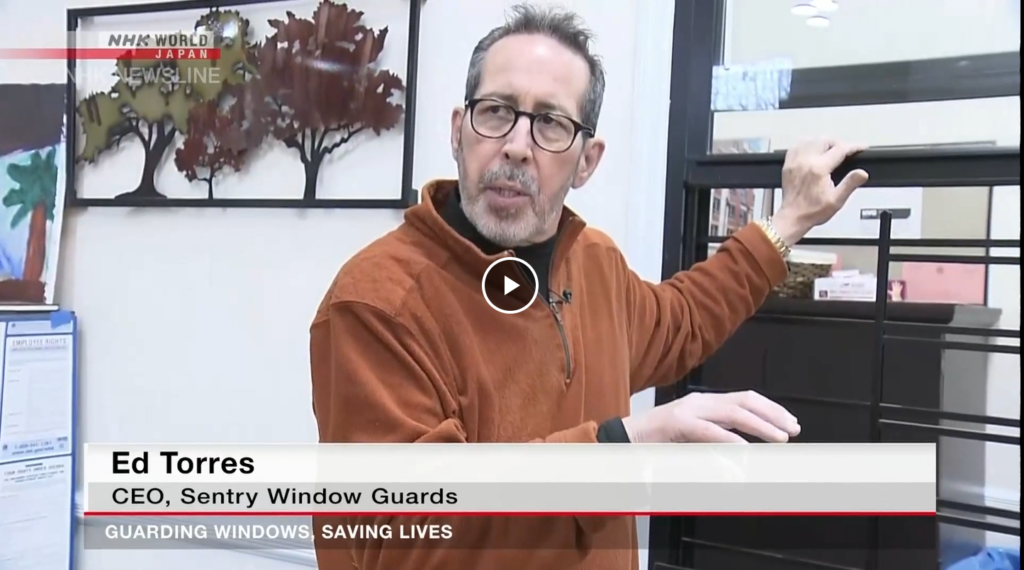Baking, looking at lights, listening to music, watching holiday movies, opening gifts, enjoying good food and drinks, and decorating are all ways to enjoy the holidays with your loved ones. A beautifully decorated home and a warm fire are usually the backdrop for creating these holiday memories. But there are some safety hazards associated with holiday decorating that you should be aware of. Here are some safety tips to ensure you and your loved ones stay safe during the holiday season:
- Choose a tree to decorate carefully. If you prefer an artificial tree, make sure it’s labeled, certified, or identified by the manufacturer as fire retardant. When choosing a live tree, test the freshness by bending the needles up and down to make sure no needles fall off. Add water to a live tree daily to keep it from drying out and becoming a fire hazard. Place all trees at least three feet away from fireplaces, radiators, and other sources of heat.
- If you have pets or kids, always secure and anchor the tree itself. We all know how tempting a fully decorated tree is for toddlers and fur babies. Hanging jingle bells on the bottom of your tree will give you a heads up when kids and pets are pulling on the branches.
- As you are getting out holiday lights, inspect them thoroughly. Anything with frayed cords, exposed wires, damaged sockets, or loose connections should be discarded. If you replace a bulb, make sure it matches the original wattage. Only use lights that have been tested for safety – look for a certification mark from UL, CSA, ETL or other nationally-recognized laboratories.
- Don’t string more than three strands of lights together per extension cord. Use heavy-duty extension cords, and only use cords outdoors if they are designated for outdoor use. Outdoor lights should be plugged into circuits protected by ground fault circuit interrupters (GFCI). GFCIs help prevent electric shock by breaking the circuit when differences in the currents of hot and neutral wires occur. Fasten outdoor lights securely to your home or trees with clips. Never staple, nail through, or fasten electrical wires or extensions cords in any way that might damage the wire or insulation.
- Turn lights and other electrical decorations off whenever you go to sleep or any time you leave the house. Using a timer can help with this chore.
- Place lit candles away from flammable or combustible materials, including other decorations, fabrics, plastic, or paper products. Do not place candles where they can easily be knocked over and never leave a lit candle unattended. When possible, use battery-operated candles in place of traditional candles to avoid the hazards of an open flame.
- Holiday plants like Poinsettias, Mistletoe, Holly and Lilies can be harmful to pets so place them out of reach.
- Have working smoke alarms installed on every level of your home, test them monthly, and keep them clean and equipped with fresh batteries at all times.
Take the time to decorate with safety in mind to fully enjoy all that the holiday season has to offer. For more information regarding Sentry Window Guard products and our experience and leadership in understanding NYC safety requirements, contact us today!









